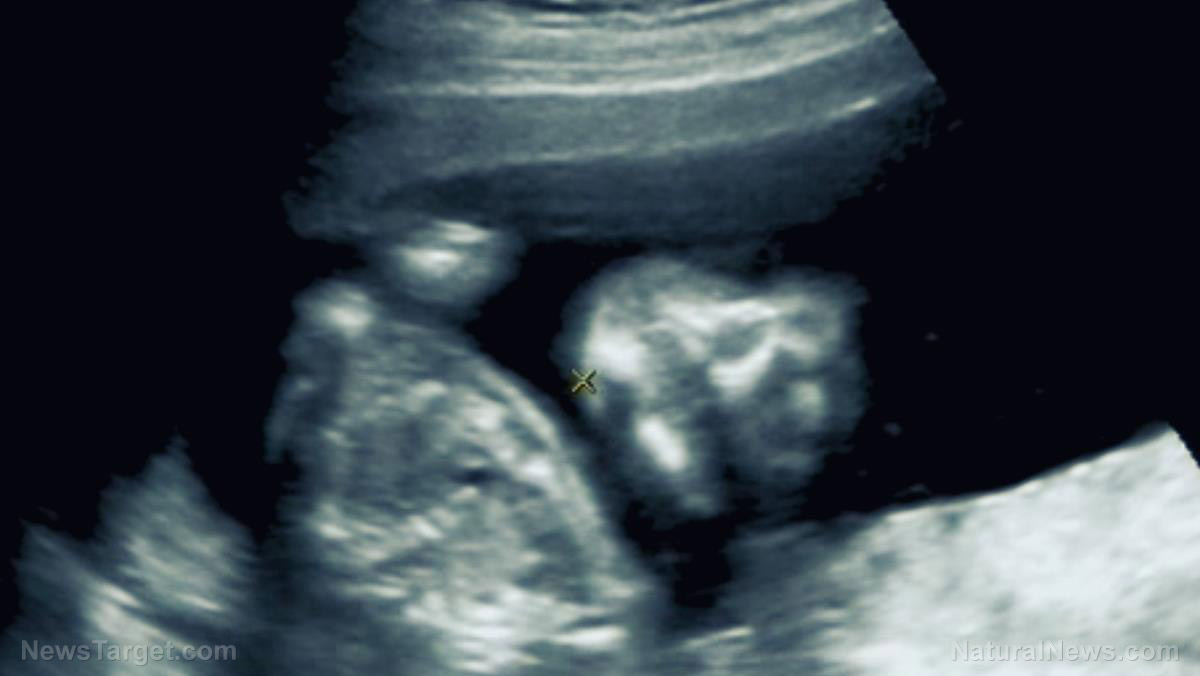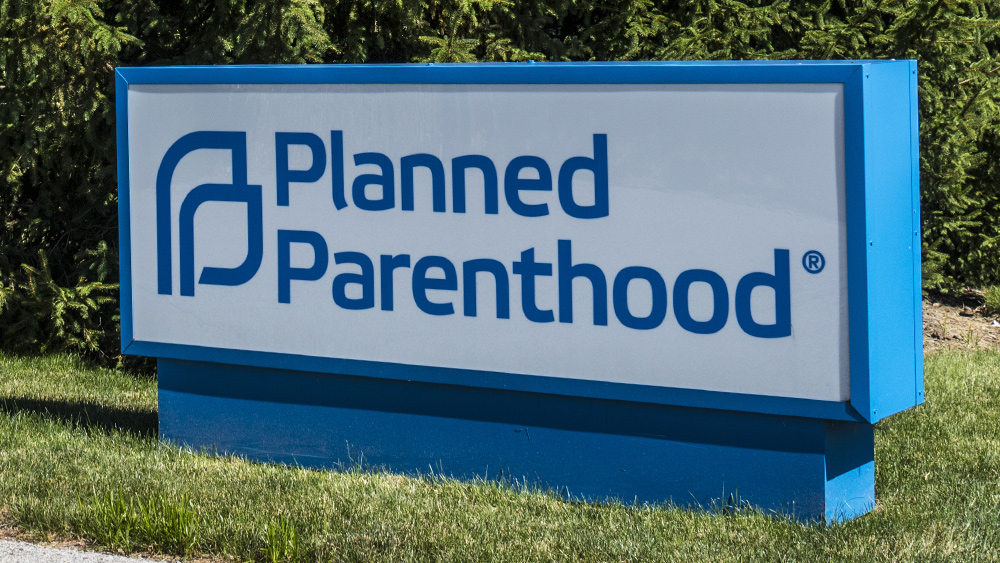LYING HOSPITALS? Study states hospitals that self-report safety protocols may not be honest about their numbers
03/06/2019 / By Frances Bloomfield

A recent study, published in the journal Medical Care, has found that hospital quality scores may not necessarily reflect the actual quality of care. Researchers from the University of Michigan scrutinized the Hospital Safety Grade system run by The Leapfrog Group, a nonprofit organization focusing on patient safety and quality healthcare.
According to the study, most of the hospitals that participated and self-reported in Leapfrog’s Hospital Survey were in perfect compliance with the majority of “Safe Practices” in the survey. However, the team discovered that the group’s “Safe Practice” Score produced results different from Medicare’s Hospital Compare to keep track of re-admissions and common complications.
“The Safe Practices part of the Hospital Safety Grade is based on whether a hospital self-reports that it has adopted certain protocols, and not whether those protocols are actually followed,” said senior author and Assistant Professor of Internal Medicine at the U-M Medical School, Jennifer Meddings, M.D., M.Sc.
According to Jennings, a hospital’s “Safe Practice” score contributes towards its overall Hospital Safety Grade based in comparison with the Safe Practices score average of all other participating hospitals. In other words, hospitals that report less-than-stellar scores are at risk of receiving much lower grades, but they also receive few advantages from reporting higher scores. The findings of Leapfrog, states PSQH.com, “skew towards positive self-report[ing],” and that hospitals are more keen on sharing information if they earn higher scores in return.
“Hospitals that have less-than-perfect performance on Leapfrog’s list of protocols get a big hit to their grade, but those with most or all protocols in place are rewarded very little. Our simulations show that some hospitals would have had better grades when they didn’t report than when they reported imperfect compliance.” noted lead author, Shawna Smith, Ph.D.
Meddings concurred with, “The Leapfrog approach was really cutting edge when it first came out, and started an important movement. But Leapfrog relies in part on process measures which can ‘top out’ as a new process becomes widely adopted. It’s time to have a new discussion about how to measure new metrics and use them in innovative ways to evaluate hospitals.”
This level of dishonesty and deceit is nothing new from medical institutions. From attempting to silence whistleblowers on the quality of their healthcare to withholding information on what drugs are being given to patients, these supposed places of healing often do more harm than good. All this in an effort to maintain their reputations among the general populace. (Related: Most hospital patients are unaware of what drugs they are given.)
However, more than just the hospital heads, it turns out the staff may be just as untruthful. In 2014, a Worthing hospital nurse was under fire for allowing members of staff to take long breaks and then pressuring a junior colleague to support her version of the events. The nurse, Cherry Anne Sangco, told the panel that it was a “‘widespread and common practice’ for night staff to take longer breaks at the same time,” reports Bognor.co.uk.
With such disturbing tendencies running all across the board, it’s safe to say that hospitals aren’t to be fully trusted. If one ever needs treatment for a medical condition, they either need to truly scrutinize their options for a medical care provider or seek other alternatives.
Sources include:
Tagged Under: bad doctors, Big Pharma, deception, Dishonesty, healthcare, hospital scores, Hospitals, lies, the leapfrog group


















